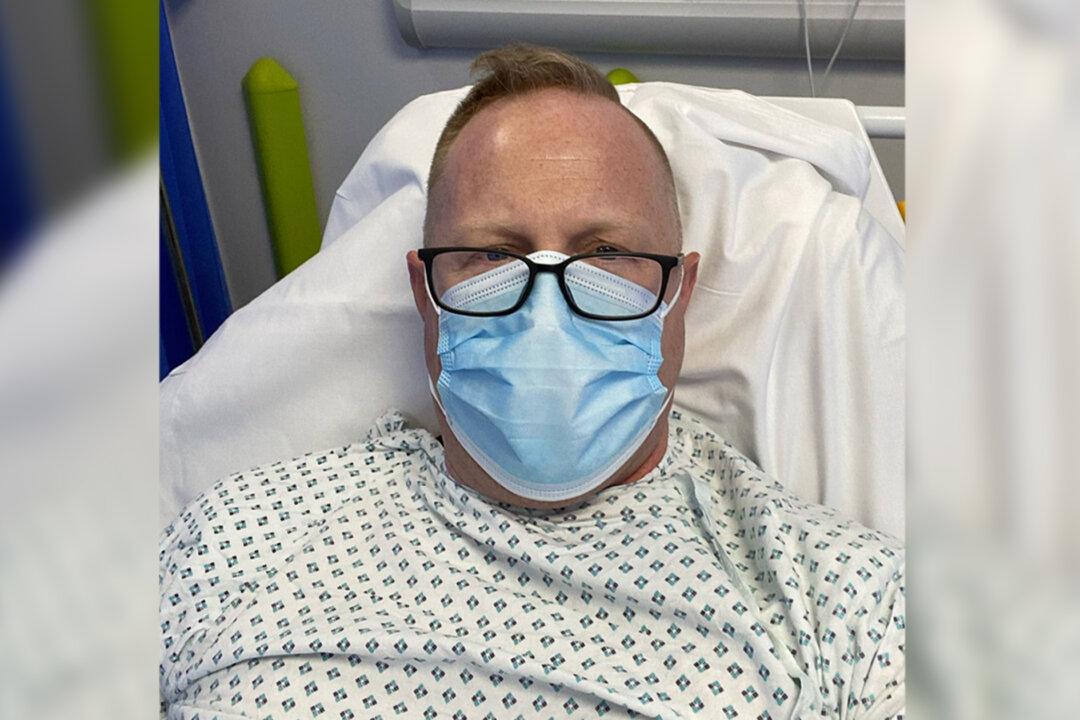After surviving a heart attack one Sunday afternoon, an overworked IT delivery lead decided this was the moment to reevaluate his priorities. He has penned a social media post, sharing the insights of his near-death experience with the world.
“I’m restructuring my approach to work,” Jonathan Frostick, 45, wrote on LinkedIn,“life literally is too short.”





